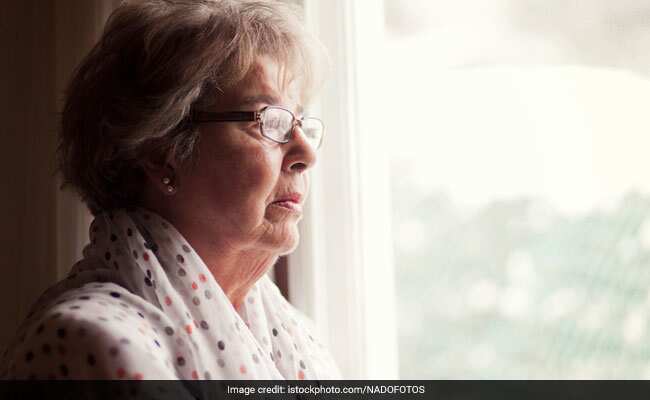A 30-year-gap separates countries with the highest and lowest ages at which people experience the health problems of a 65-year-old, this study finds. India ranks 159th on age-related burden rate and 138th on age-related disease burden rate.

Age-related health problems can lead to early retirement and higher health spending
If you live in India, you will begin to suffer the negative effects of ageing at an early age than if you live in Japan or Switzerland, says a first-of-its-kind scientific study.
According to the paper published in The Lancet Public Health, a 30-year-gap separates countries with the highest and lowest ages at which people experience the health problems of a 65-year-old.
Researchers found 76-year-olds in Japan and 46-year-olds in Papua New Guinea have the same level of age-related health problems as an "average" person aged 65.
The study, however, noted that countries such as China and India are performing better in all age-related disease burden rankings.
India ranks 159th on age-related burden rate and 138th on age-related disease burden rate.
France (76 years) was third, Singapore fourth (76 years) and Kuwait fifth (75.3 years) in the age-related disease burden rankings. At 68.5 years, the United States ranked 54th, between Iran (69 years) and Antigua and Barbuda (68.4 years).
"The findings show increased life expectancy at older ages can either be an opportunity or a threat to the overall welfare of population, depending on the ageing-related health problems the population experiences regardless of chronological age." said Angela Y Chang, lead author from the University of Washington.
Age-related health problems can lead to early retirement, a smaller work force, and higher health spending.
"Government leaders and other stakeholders influencing health systems need to consider when people begin suffering the negative effects of ageing," Chang said.
The negative effects, include impaired functions and loss of physical, mental, and cognitive abilities resulting from the 92 medical conditions analysed -- five of which are communicable and 81 non-communicable, along with six injuries.
To reach the conclusion, the researchers measured "age-related disease burden" by aggregating all disability-adjusted life years -- a measurement of loss of healthy life, related to the 92 diseases.
Using global average 65-year-olds as a reference group, Chang and the team also estimated the ages at which the population in each country experienced the same related burden rate.
The study covered the period of 1990 to 2017 in 195 countries and territories.
(This story has not been edited by NDTV staff and is auto-generated from a syndicated feed.)
DoctorNDTV is the one stop site for all your health needs providing the most credible health information, health news and tips with expert advice on healthy living, diet plans, informative videos etc. You can get the most relevant and accurate info you need about health problems like diabetes, cancer, pregnancy, HIV and AIDS, weight loss and many other lifestyle diseases. We have a panel of over 350 experts who help us develop content by giving their valuable inputs and bringing to us the latest in the world of healthcare.












